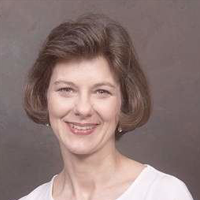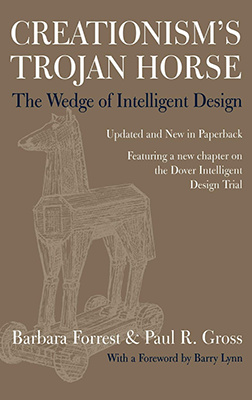
Barbara Forrest
Barbara Forrest is a prominent philosopher and activist known for her advocacy in the areas of science education and the separation of church and state. Here’s a brief biography of Barbara Forrest:
Early Life and Education:
Barbara Forrest was born in the United States and pursued her education in philosophy. She earned her Ph.D. in philosophy from Tulane University in New Orleans, Louisiana.
Career and Contributions:
Barbara Forrest’s career has been focused on defending the teaching of evolution in public schools and advocating for the separation of church and state in the United States. She gained significant attention for her role as an expert witness in the Kitzmiller v. Dover Area School District case in 2005. In this landmark legal battle, she testified against the inclusion of intelligent design in public school science curricula, arguing that it was a form of creationism and thus unconstitutional to teach in public schools.
Forrest has authored and co-authored several influential works, including “Creationism’s Trojan Horse: The Wedge of Intelligent Design,” co-authored with Paul R. Gross. This book critically examines the intelligent design movement and its strategies to influence public education.
She has been involved with organizations such as the National Center for Science Education (NCSE), where she has served on the board of directors, and the American Civil Liberties Union (ACLU), advocating for science education and civil liberties.
Legacy:
Barbara Forrest’s work has had a lasting impact on the understanding and defense of science education in the United States. Her advocacy continues to influence debates surrounding the teaching of evolution, intelligent design, and the separation of church and state.
In summary, Barbara Forrest is renowned for her contributions as a philosopher, educator, and activist in promoting scientific literacy and defending the integrity of science education from ideological influences. Her efforts have made her a significant figure in the ongoing dialogue between science and religion in American society.

